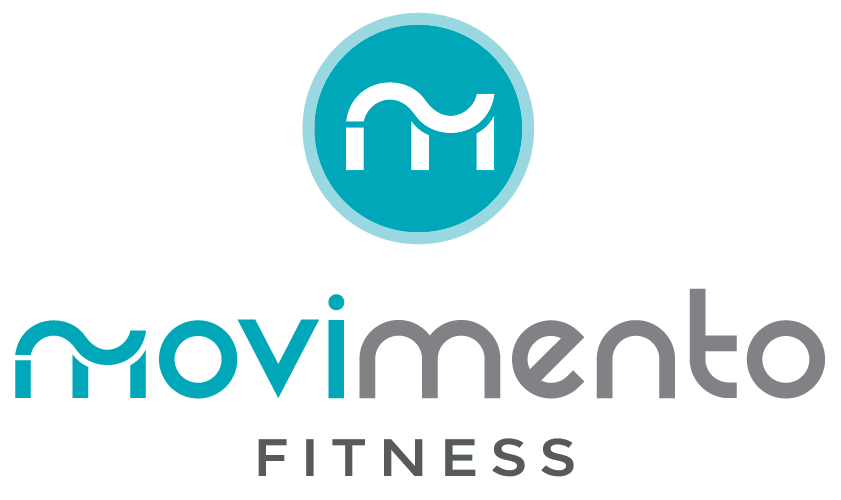If you’ve ever had a hard time losing weight, despite the fact that you were making healthy eating choices, listen up… It could be because of a psychological effect called the “health halo” that leads you to overeat – without you realizing it!
Researchers out of Cornell University decided to do a series of studies dubbed the “McSubway” project. [1]
Brian Wansink – lead researcher and director of Cornell’s Food and Brand Lab in Ithica, NY – and his team studied the habits of folks eating out at Subway (advertised all the time as the healthy fast food alternative) and McDonald’s (typically associated with being super-indulgent and bad for you).
What did they find?
People tend to signifcantly overeat when making what they think are healthy choices.
For example, in one of the studies, Wansink and his team separated 46 graduate students into two groups.
One group received a coupon for a McDonald’s Big Mac (which clocked in at 600 calories).
The second group received a coupon for a Subway 12-inch Italian sub (clocking in at a whopping 900 calories!).
The students were not told the number of calories in their sandwiches. In addition to the coupon, both groups were offered a menu where they could let the researchers know what extras they would like to order in addition to the sandwich.
Can you guess who ended up eating WAY more calories?
If you guessed the Subway group, you’re right.
Those with the Subway coupons ate an average meal worth 1,011 calories. Those with the Big Mac coupon ate an average of just 648 calories.
Says Wansink, “There’s a health halo that surrounds a lot of the foods at restaurants like Subway that leads people to overeat on side dishes and grossly underestimate the number of calories they consume.”
In another experiment, the researchers interviewed over 500 people after they had eaten their lunch at either Subway or McDonald’s.
People eating at McDonald’s underestimated the calories they ate by an average of 484 – while those who had Subway underestimated their calories by an average of 681!
I think this is VERY interesting research that gives us some insight and awareness to what’s going on when people swear they’re eating healthy – yet still can’t seem to drop the pounds.
What can you take away from it?
If you’re making healthy choices, just stick with the one healthy choice you’re making.
For example, if you’re choosing a salad, stick with just the salad and maybe some water or a low-calorie drink.
Don’t eat the salad, and then think to yourself “Well, I had the salad and that’s low calories, so I can go ahead and have a few french fries and maybe a little bite of dessert.”
Alternatively, if you’ve been eating healthy and low calories, don’t start snacking thinking that you “can” because of all the healthy foods you’ve been eating.
As we saw from the Cornell study, every little bit adds up to a lot.
To help you, keep a nutrition log and write down everything you eat, along with the appropriate calorie counts. Use a food scale if you need to, in order to be more accurate.
I think if you do that even for just a week, you might be surprised at how succeptible we all are to the “health halo” despite our thinking that we’re making good choices.
Remember, what gets measured gets improved. In this case, measure your calories and your waistline will improve.
References:
1. Chandon, Pierre and Brian Wansink (2007), “The Biasing Health Halos of Fast Food Restaurant Health Claims: Lower Calorie Estimates and Higher Side-Dish Consumption Intentions,” Journal of Consumer Research, 34:3 (October) 301-314.


